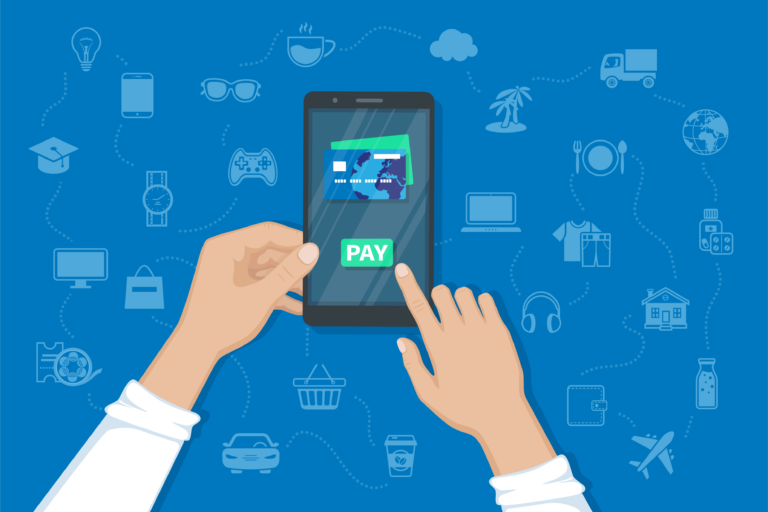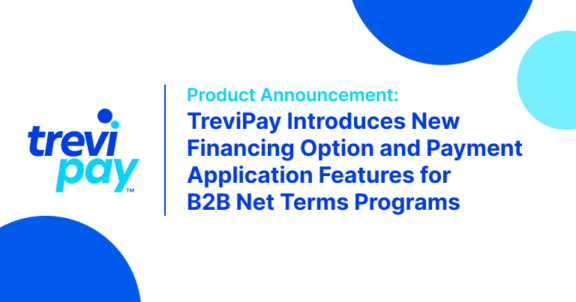News & Insights · Approx. 3 minute read
B2B companies, the B2B payments landscape, and their response to COVID

Team eCommerce Next interviewed Mr. Brandon Spear, President, TreviPay to get more insights on B2B companies, B2B payments, and their response to COVID. Read more for his insights into the B2B payments landscape and how some businesses are finding a leg up via B2B payment solutions.
1) Can you tell me what TreviPay does?
At its core, TreviPay helps businesses facilitate trade credit programs, creating a seamless B2B payments ecosystem across all sales channels. We’re a global financial technology company, specializing in payment and credit management for B2B companies with a focus across manufacturing and distribution, retail, e-commerce, and marketplaces. Our TreviPay solution facilitates B2B payments by extending terms, handling invoicing, and managing collections. TreviPay has 40 years of experience underwriting businesses for credit and facilitates $6 billion in transactions annually around the globe.
2) How has the pandemic altered B2B companies?
The effects of COVID-19 have accelerated the adoption of B2B e-commerce. And today’s B2B buyers are demanding a B2C-like purchasing experience when shopping online. But many manufacturers and distributors have inflexible legacy systems—not to mention strained resources and budgets, limiting their ability to offer a frictionless purchasing experience.
3) What are the biggest challenges B2B companies are facing, and how do payments play a role?
Today, many B2B companies’ are facing complexities managing cash flow. They simply can’t afford to have too much working capital tied up in open receivables. During an economic downturn, many companies have reduced, and some have stopped, offering net terms programs entirely. Unfortunately, these programs are often key to retaining loyal customers.
4) I understand you’ve recently announced a relationship with Alibaba, can you tell us more about that?
In June, Alibaba announced Alibaba.com Payment Terms, powered by TreviPay. It is the first-ever trade financing solution embedded directly into a cross-border B2B e-commerce marketplace, allowing qualified buyers to order goods and pay for them up to 60 days after they are shipped. Before then, the vast majority of cross-border trade between small businesses required full payment upfront and small businesses could not benefit from the global supply chain financing programs that their larger competitors frequently enjoyed.
5) What does the announcement mean for the industry?
The Alibaba announcement is one of many proof points that B2B marketplaces and suppliers with e-commerce sites are removing the complexity and friction of B2B transactions. In fact, a report we published last year found that 74% of B2B buyers said they would purchase from a competitor if their vendor’s e-commerce store could not keep up with their purchasing expectations. This means buyers want vendors to allow purchases across all sales channels and are flexible enough to enable purchases on terms, with purchase controls intact and adherence to invoicing requirements. In other words, a seamless buying experience creates loyal customers.
Adapted from an interview with TreviPay President, Brandon Spear. Written by: Alf Alferez for eCommerce Next. Read the entire article on eCommerce Next.
Stay up-to-date with the latest from TreviPay
Thank you for subscribing! You will now receive email updates from TreviPay.



